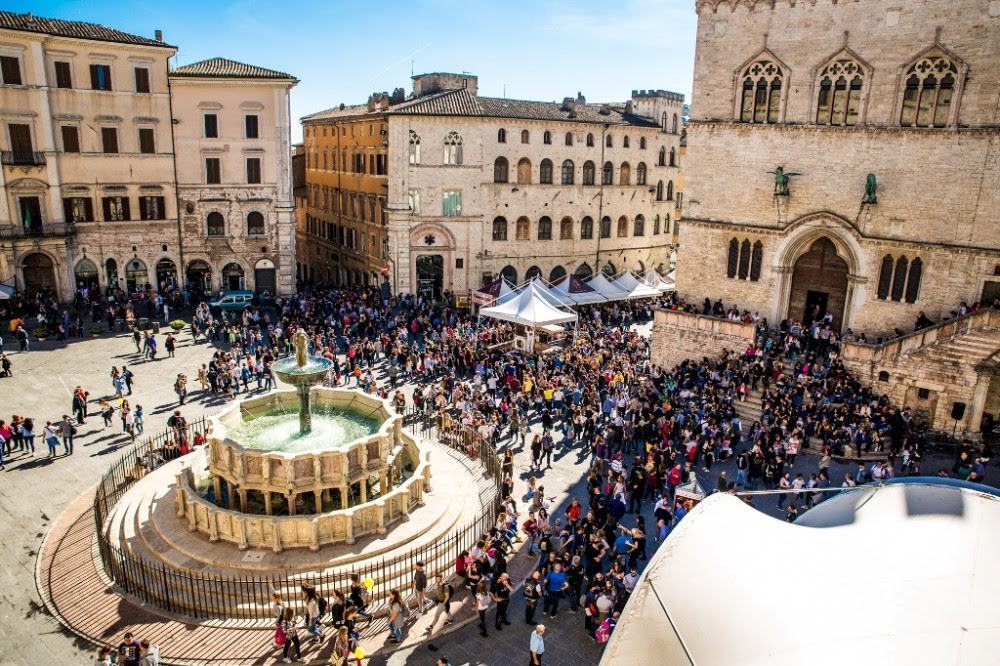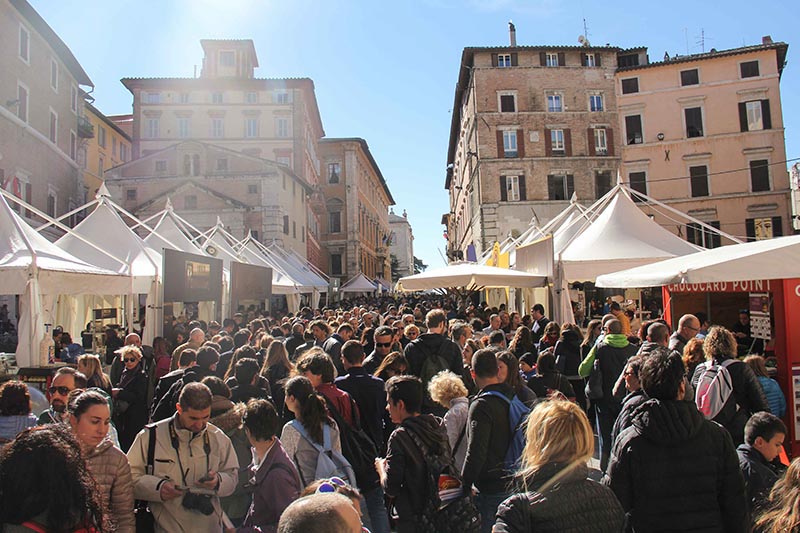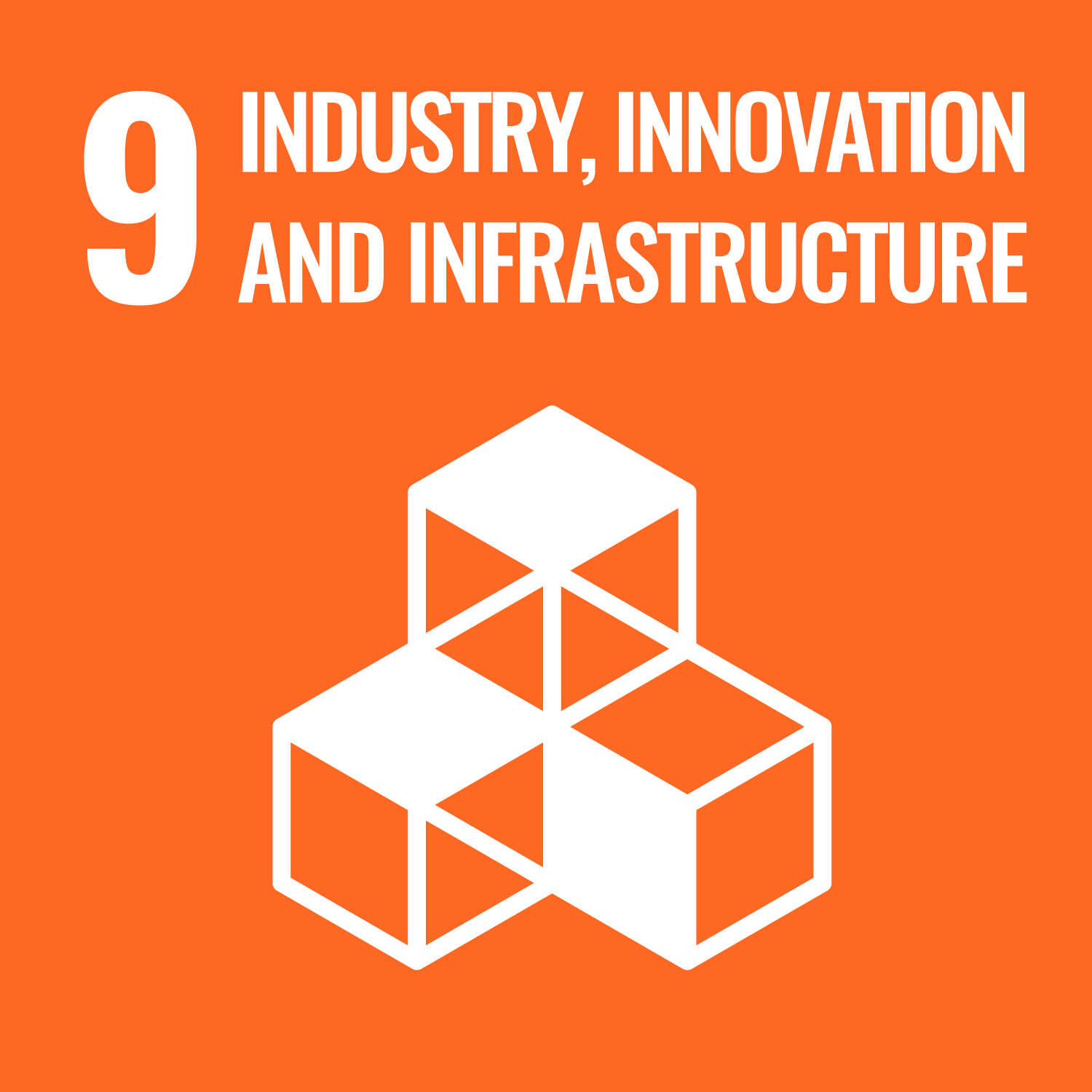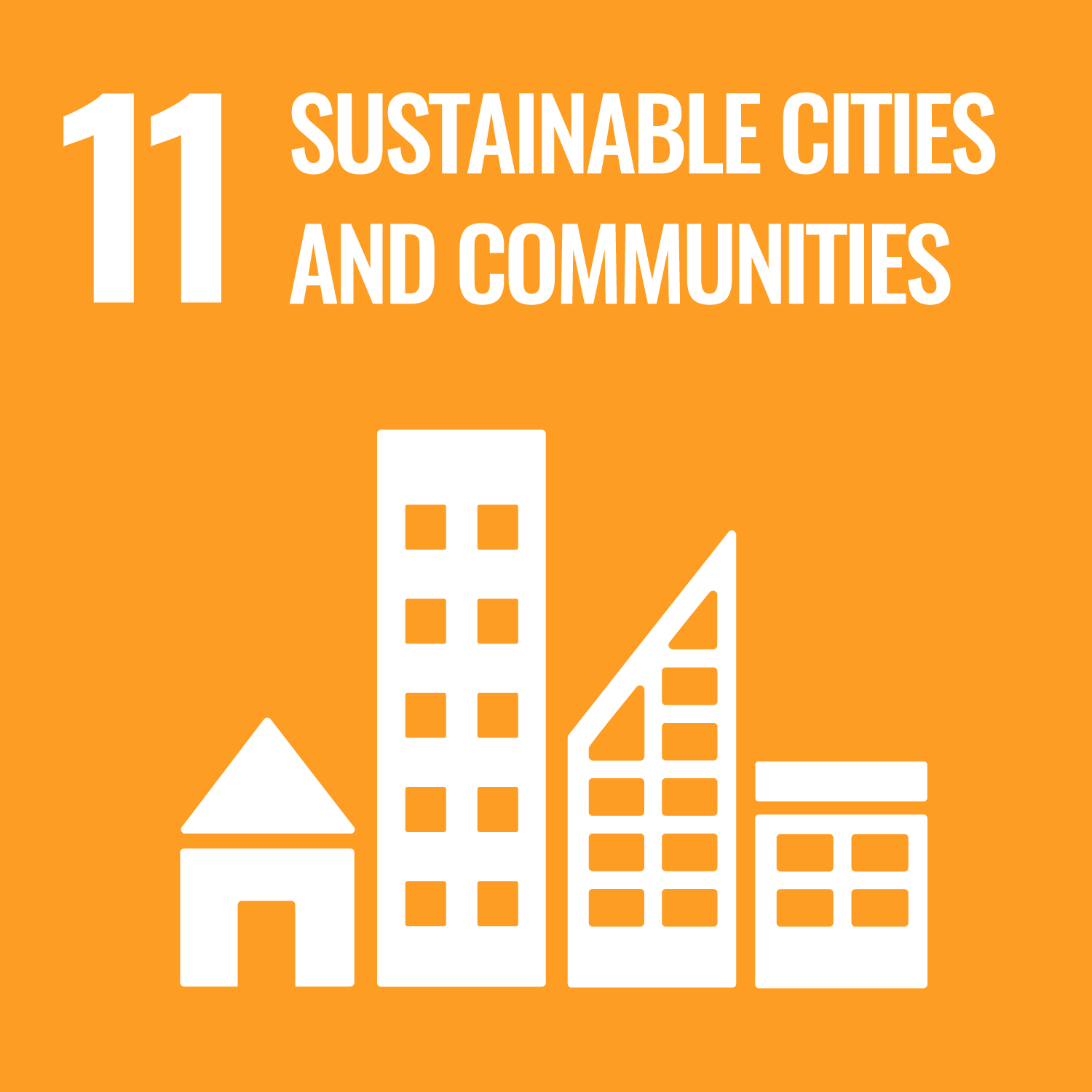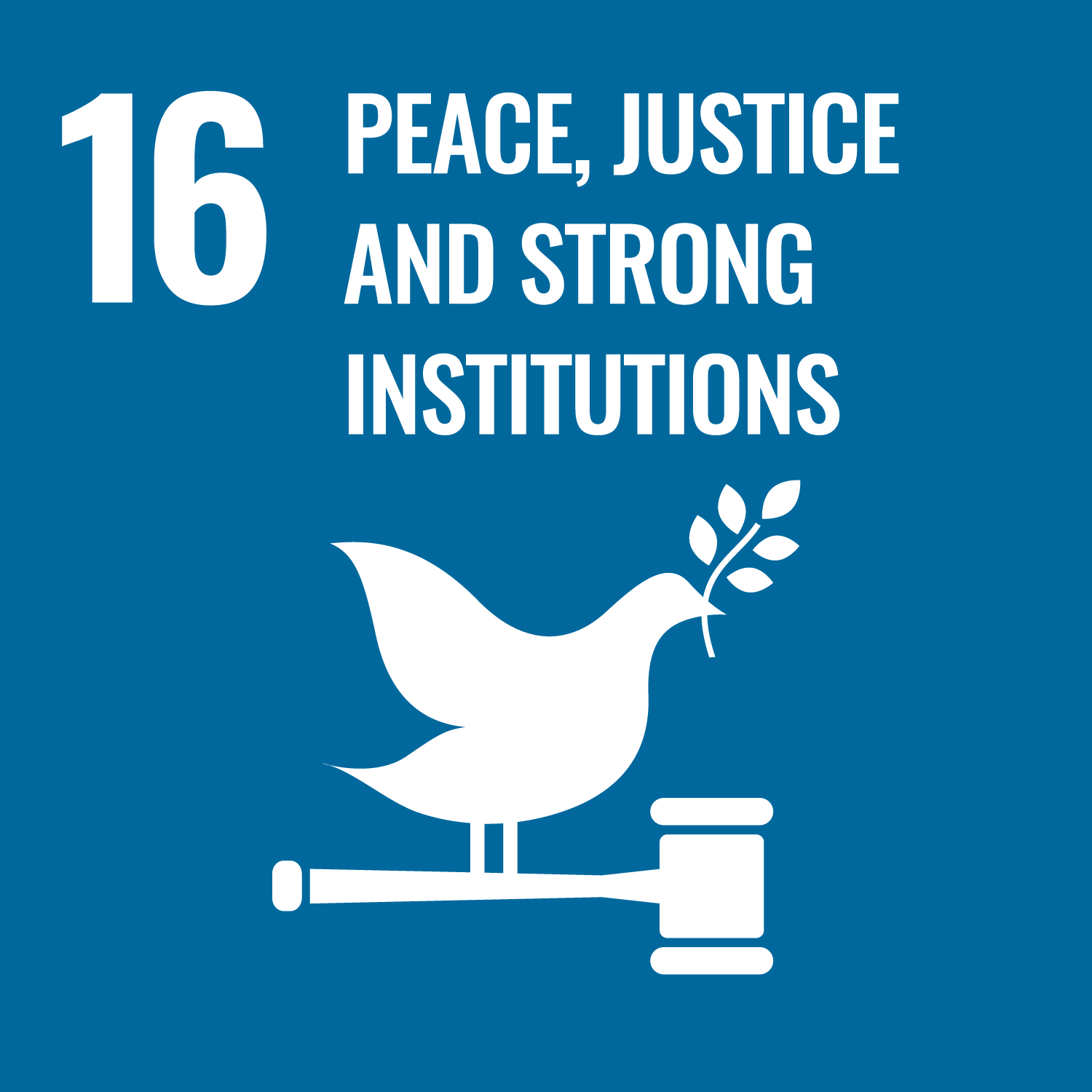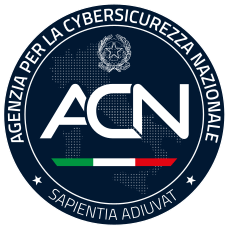eurochocolate monitoring
real time monitoring and managing the flow of visitors during the Eurochocolate festival in Perugia
Eurochocolate is a festival dedicated to chocolate and cocoa that takes place every year in Perugia (Umbria). During the event, which takes place in the main streets and squares of the historic center, the city becomes a destination for many visitors from the surrounding areas, but also from outside the region.
A large number of people generates a large amount of data, but it is very difficult to use it. The analysis of such data, mostly geo-referenced, is an important resource for urban management and planning during the chocolate festival.
improving urban accessibility
Hence the need to know the flow of visitors to the city also in conjunction with other major events in the city (city park, the Saturday local market, any sporting events at the stadium) so as to be able to improve accessibility to all those who come to the city center by public and private transport.
The analysis of the data allows not only to improve the management of the flow of visitors but also to define the target group of users most attracted by the festival, so as to be able to propose a marketing strategy that is as focused as possible in subsequent editions.
technology used
WiseTown® Situation Room: the platform composed of mobile components, an interface with social networks and a dashboard for geographical control that can show in real-time what is happening in a given context was used to monitor Eurochocolate.
In particular, it was used to
- investigate the flows of people within the city of Perugia (shuttles, minimetrò, buses, cars, car parks)
- analyze flows on the main access routes to the city, both road and rail (motorway and railway)
- to study the dynamics of intersection between different flows within the city of Perugia when Eurochocolate coincides with other city activities (luna park, local market, sport event).
The WiseTown platform is part of the large project coordinated by Welcome which, in addition to WiseTown, involved Olivetti and Tim. In full compliance with privacy regulations, it was possible to provide the Situation Room platform with anonymous and aggregated data from the TIM mobile network. In this way, it was possible to acquire real information on the target of people arriving in Perugia for Eurochocolate and their movement dynamics.
main feature
data from video surveillance of the area, geo-referenced social posts, data from IoT systems
identification of flows into and out of the city centre
statistical identification of males/females, age groups, regional origin
comparison of data collected with those of previous editions
Project realised for the City of Perugia, Umbria
Eurochocolate is a festival dedicated to chocolate that takes place every autumn in the historic center of Umbria’s capital city. Born in 1994, it is the most important event in Europe dedicated to chocolate. For ten days, the streets of the center of Perugia are filled with artisan kiosks and stands of the biggest companies in the field, which involve visitors with tastings, exhibitions and fun activities all with the same common denominator: chocolate.
Press review
- FIWARE news: EUROCHOCOLATE 2018: VISITORS FLOW WILL BE MONITORED WITH SITUATION ROOM
- Umbria 24: Eurochocolate fa 25 anni, il programma. Guarducci: «Ottimi segnali di presenze ma E45 ci preoccupa»
- Umbria 24: Eurochocolate: i flussi di visitatori ora per ora con le celle telefoniche
- Umbria 24: Eurochocolate tiene ma volta pagina. Per il 2019 scelto il bottone: «Ora di ricucire con la città»
Contribution to sustainable urban development
The project aims to contribute to the achievement of the following Sustainable Development Goals of the 2030 Agenda, defined and promoted by the United Nations:
SDG 9. Building resilient infrastructure, promoting inclusive and sustainable industrialisation and fostering innovation

